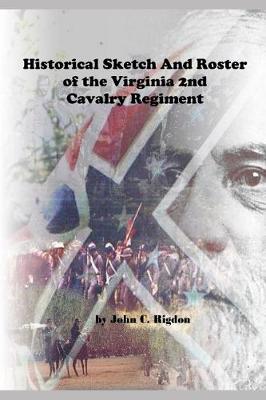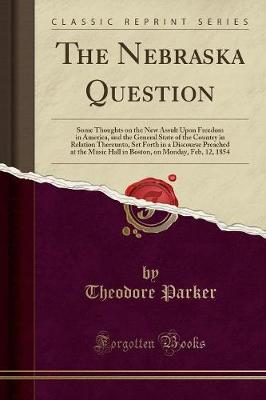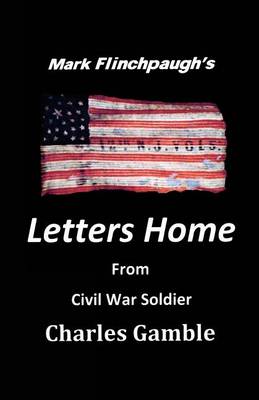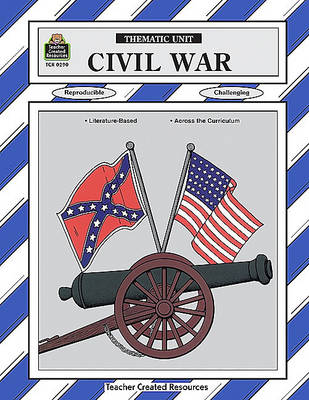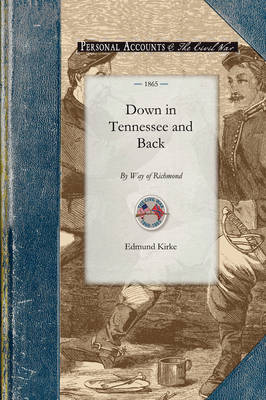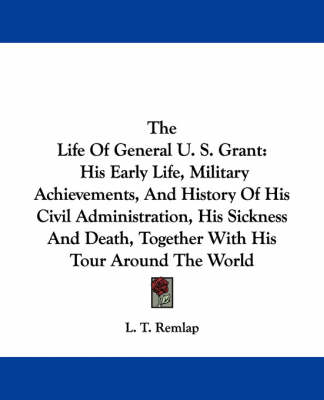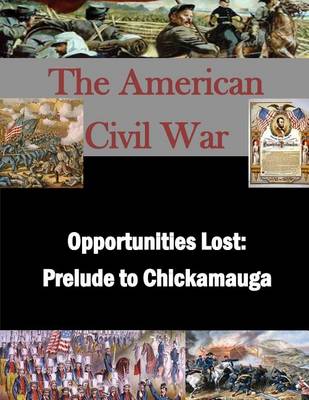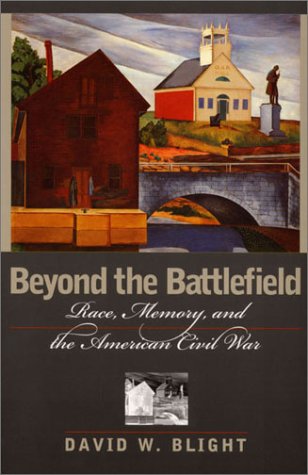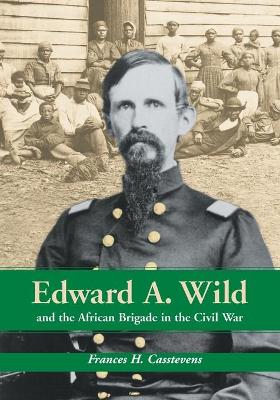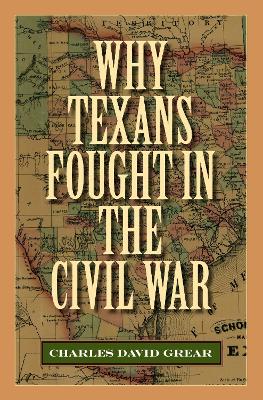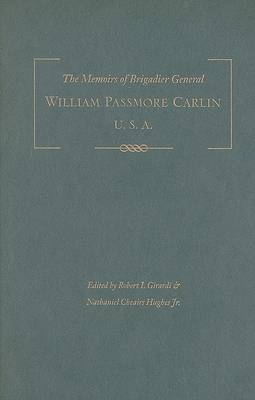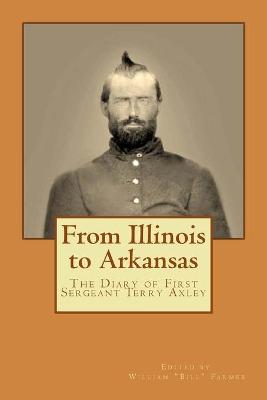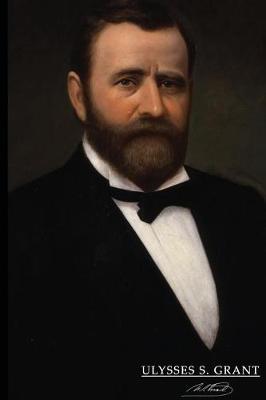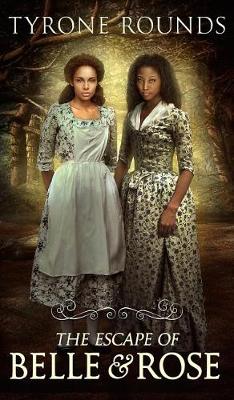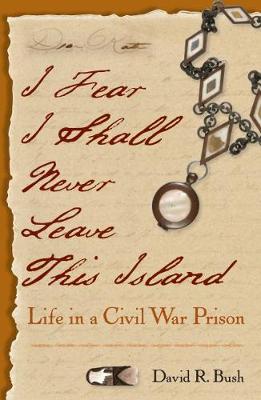Historical Sketch and Roster of the Virginia 2nd Cavalry Regiment (Virginia Regimental History, #29)
by John C Rigdon
Analyzes the decisions and misjudgments of Jefferson Davis and other Confederate leaders that led to the Union Navy capture of New Orleans on April 24, 1862.
The Nebraska Question (Black Heritage Library Collection)
by Theodore Parker
Letters Home From Civil War Soldier Charles Gamble
by Mark Flinchpaugh
Southern Women Writers
This collection of 15 essays assesses the work of the women of the third generation of Southern writers. Among the authors examined are Alice Walker, Maya Angelou and Margaret Walker.
Down in Tennessee and Back by Way of Ric (Civil War)
by Edmund Kirke
Texas Confederate, Reconstruction Governor (Sam Rayburn Series on Rural Life)
by Kenneth Wayne Howell
Of the 174 delegates to the Texas convention on secession in 1861, only 8 voted against the motion to secede. James Webb Throckmorton of McKinney was one of them. Yet upon the outbreak of the Civil War, he joined the Confederate Army and fought in a number of campaigns. At war's end, his centrist position as a conservative Unionist ultimately won him election as governor. Still, his refusal to support the Fourteenth Amendment or to protect aggressively the rights and physical welfare of the free...
Arthur Carter brings new perspective to Confederate knight-errant Earl Van Dorn, who might have been famous rather than infamous had he lived. . . . Carter suggests how Van Dorn the cavalryman could have joined mounted leaders Forrest, Morgan, and Wheeler as raiders-superb and mainstay of Confederate success in the West. Except for one costly peccadillo, Van Dorn would have been one of the South s rising rather than falling stars. Benjamin Franklin Cooling, Author of Fort Donelson s Legacy Dash...
During the past decade and a half, scholars have increasingly addressed the relationship of history and memory. Among American historians, David W. Blight has been a pioneer in the field of memory studies, especially on the problems of slavery, race, and the Civil War. In this collection of essays, Blight examines the meanings embedded in the causes, course, and consequences of the Civil War, the nature of changing approaches to African American history, and the significance of race in the ways...
Edward A. Wild and the African Brigade in the Civil War
by Frances H Casstevens
Edward Wild, the controversial Union general who headed the all-black African Brigade in the Civil War, was one of the most loved and most hated figures of the 19th century. The man was neither understood nor appreciated by military or civilian, black or white, Northerner or Southerner. After enlisting at the outbreak of the war, Wild was promoted to Brigadier General and placed in charge of the United States Colored Troops. In fulfilling his assignment to free slaves and gain recruits, he took...
Why Texans Fought in the Civil War (Sam Rayburn Series on Rural Life, sponsored by Texas A&M University-Commerce)
by Charles David Grear
In Why Texans Fought in the Civil War, Charles David Grear provides insights into what motivated Texans to fight for the Confederacy. Mining important primary sources-including thousands of letters and unpublished journals-he affords readers the opportunity to hear, often in the combatants' own words, why it was so important to them to engage in tumultuous struggles occurring so far from home. As Grear notes, in the decade prior to the Civil War the population of Texas had tripled. The state wa...
William Passmore Carlin (1829-1903) was a native of Illinois who graduated from West Point in 1850 and served on frontier duty and in Utah before the Civil War. Carlin began his Civil War career as colonel of the 38th Illinois Infantry and served in the early battles in Missouri and Mississippi. He commanded troops in the important battles of Perryville, Stones River, Liberty Gap, Chickamauga, Missionary Ridge, Buzzard Roost, Resaca, Kennesaw Mountain, the siege of Atlanta, Jonesboro, and Benton...
Ulysses S. Grant
by Notebook Journal's, Us Presidents, and Ulysses S Grant
Johnson's Island, in Sandusky, Ohio, was not the largest Civil War prison in the North, but it was the only one to house Confederate officers almost exclusively. As a result, a distinctive prison culture developed, in part because of the educational background and access to money enjoyed by these prisoners. David Bush has spent more than two decades leading archaeological investigations at the prison site. In I Fear I Shall Never Leave This Island he pairs the expertise gained there with a dee...
Henry Adams in the Secession Crisis
During the Secession Winter session of Congress, twenty-two-year-old Henry Adams worked as private secretary to his father, Representative Charles Francis Adams. Henry wrote four accounts of these crucial months in Washington -- an essay, letters to his brother, a segment in his famous autobiography, and twenty-one unsigned letters that Adams composed as a novice correspondent for the Boston Daily Advertiser. Henry Adams in the Secession Crisis presents the Advertiser letters for the first time...

